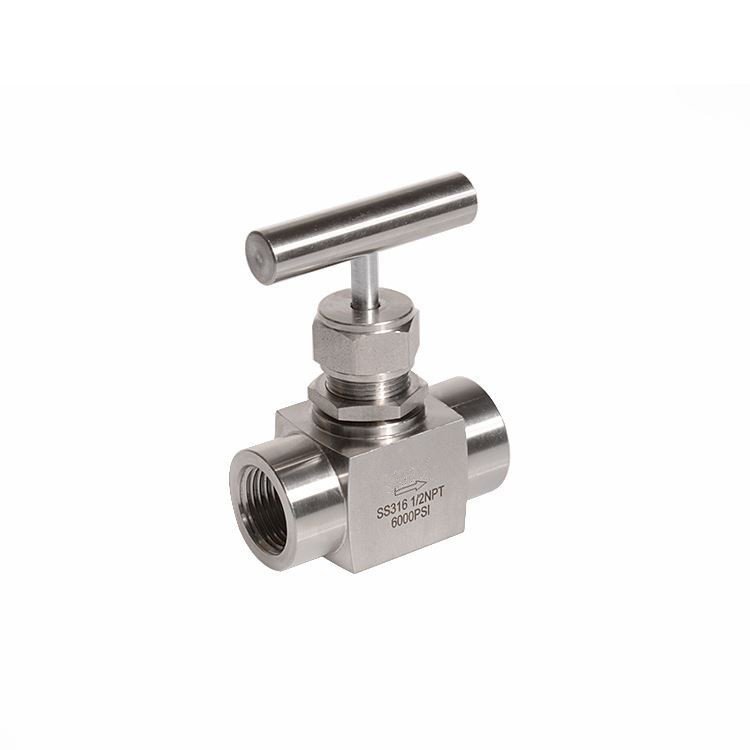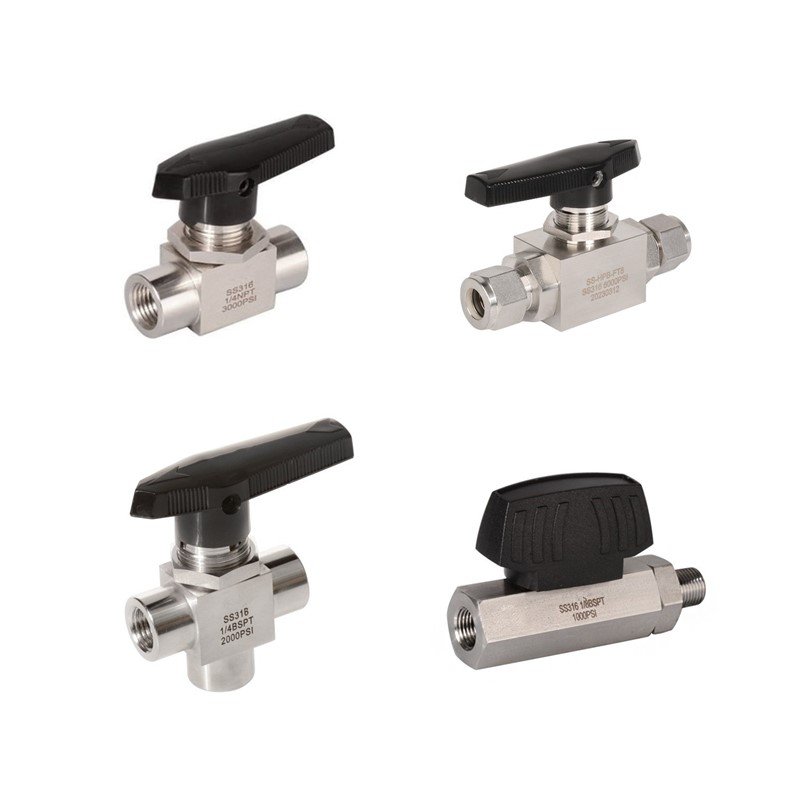Comprehensive Guide to Instrumentation Check Valves

Instrumentation check valves are essential components in precision fluid control systems. Their primary purpose is to allow flow in one direction and prevent reverse flow, ensuring the safety and efficiency of sensitive equipment. These valves are vital for applications requiring high precision and reliability, such as in oil and gas, chemical processing, pharmaceuticals, and laboratory […]
Comprehensive Guide to Instrumentation Needle Valves

Needle valves are indispensable for precision flow control in industrial systems. Whether in oil and gas, water treatment, or medical equipment, these valves ensure reliability and performance. Needle valves control fluid flow precisely by using a small, tapered needle-like plunger. They are crucial for processes requiring accurate adjustments and leak prevention. Understanding the key features, […]
What Are Instrumentation Ball Valves?

An instrumentation ball valve is a specially designed valve that provides high-precision control of fluid or gas flow in complex industrial systems. It uses a ball with a hole through the center to control the flow, providing quick and reliable shutoff. Instrumentation ball valves are a key component in many industrial systems, playing a crucial […]
How many types of valves are in instrumentation?

Instrumentation valves are essential components in industrial processes, used to control, direct, and regulate the flow of liquids, gases, or slurries in pipelines. Their importance cannot be overstated, as they ensure the safety, efficiency, and reliability of critical systems in various industries, such as oil and gas, pharmaceuticals, and power generation. Understanding the different types […]
What’s the Key to Selecting the Perfect Instrumentation Valve?

Choosing the wrong instrumentation valves can lead to system inefficiencies, costly downtime, and safety risks. How can you avoid these pitfalls and ensure optimal performance? Selecting the perfect instrumentation valve depends on understanding system requirements, fluid properties, and operational conditions. Evaluating key factors like pressure, temperature, and compliance ensures a safe and efficient choice. Instrumentation […]
